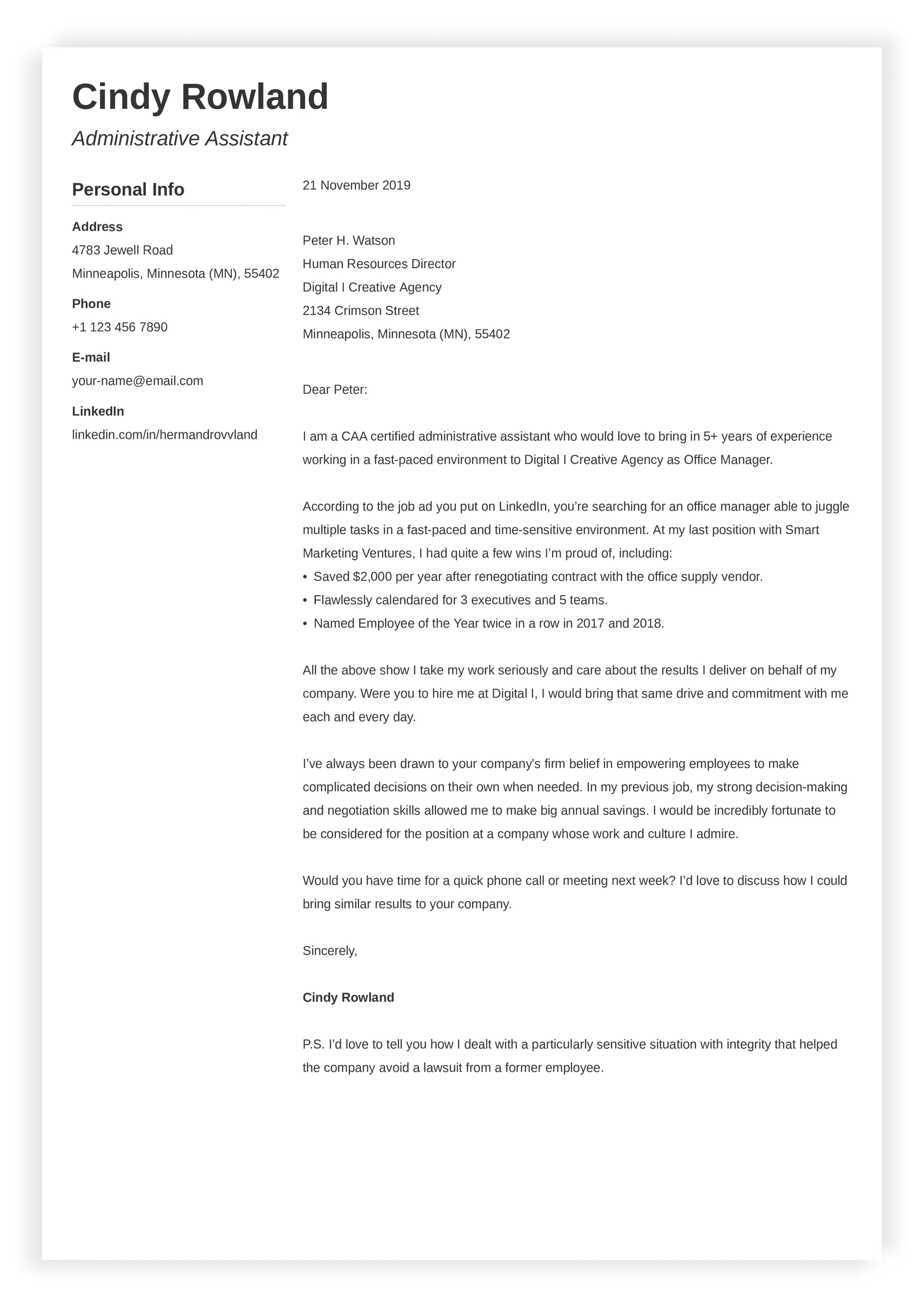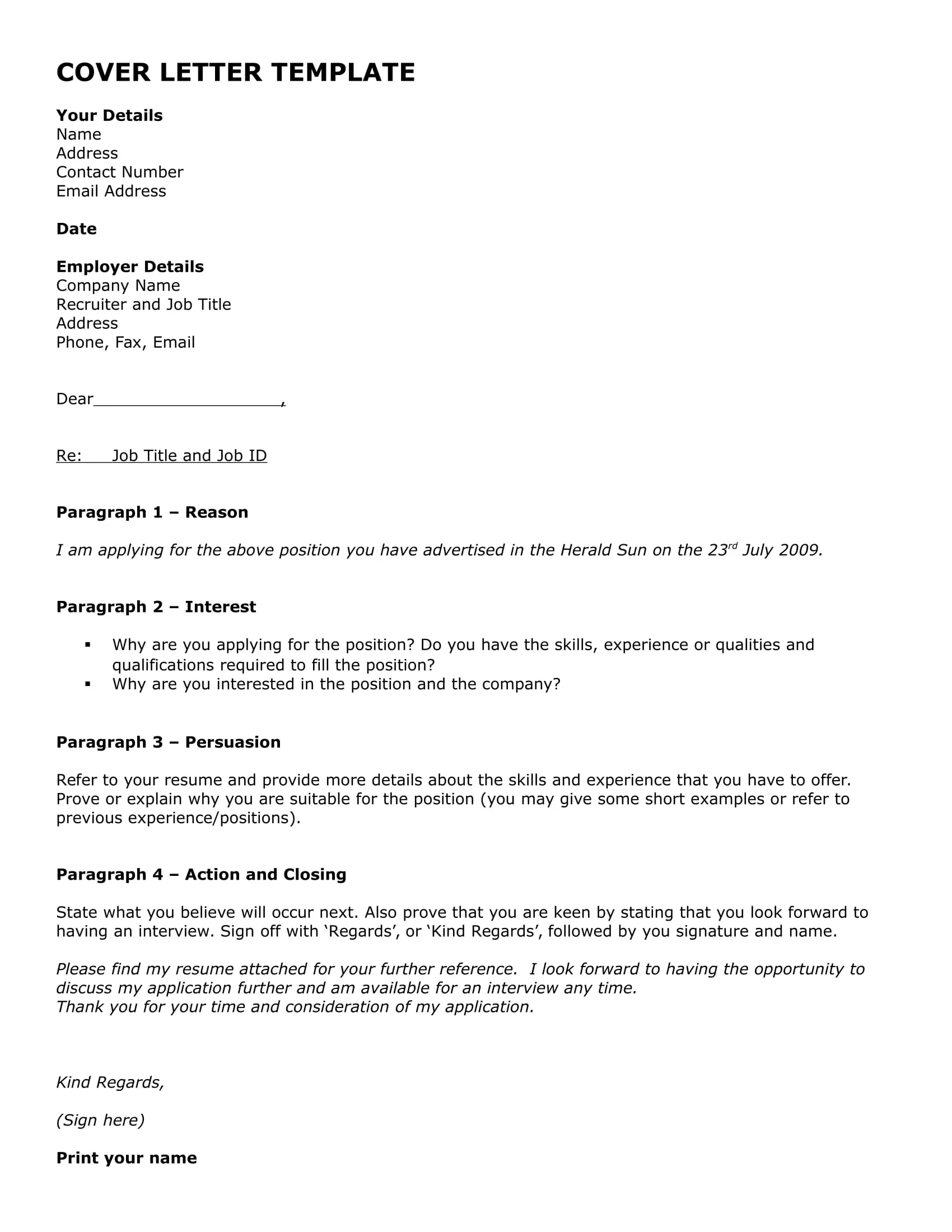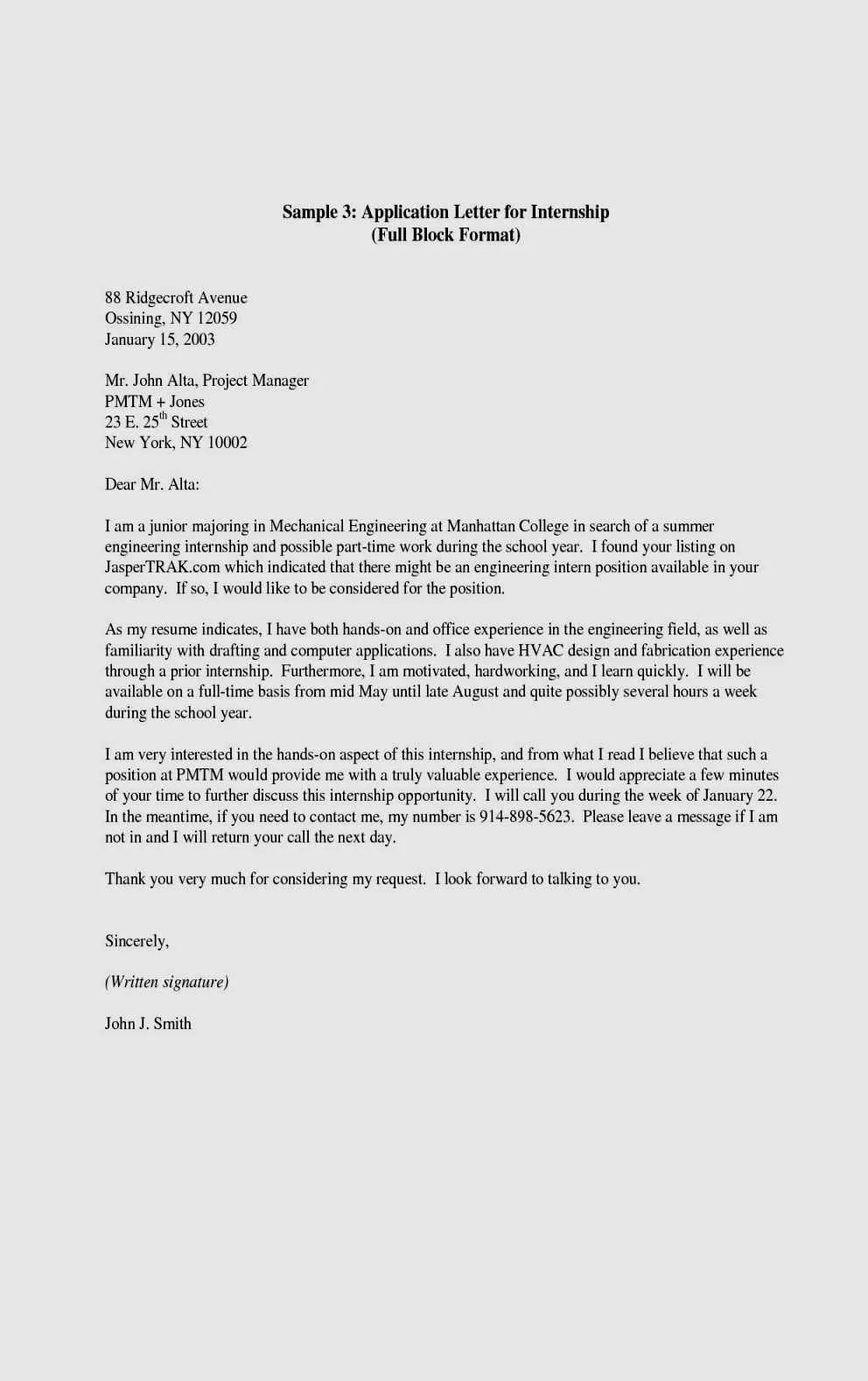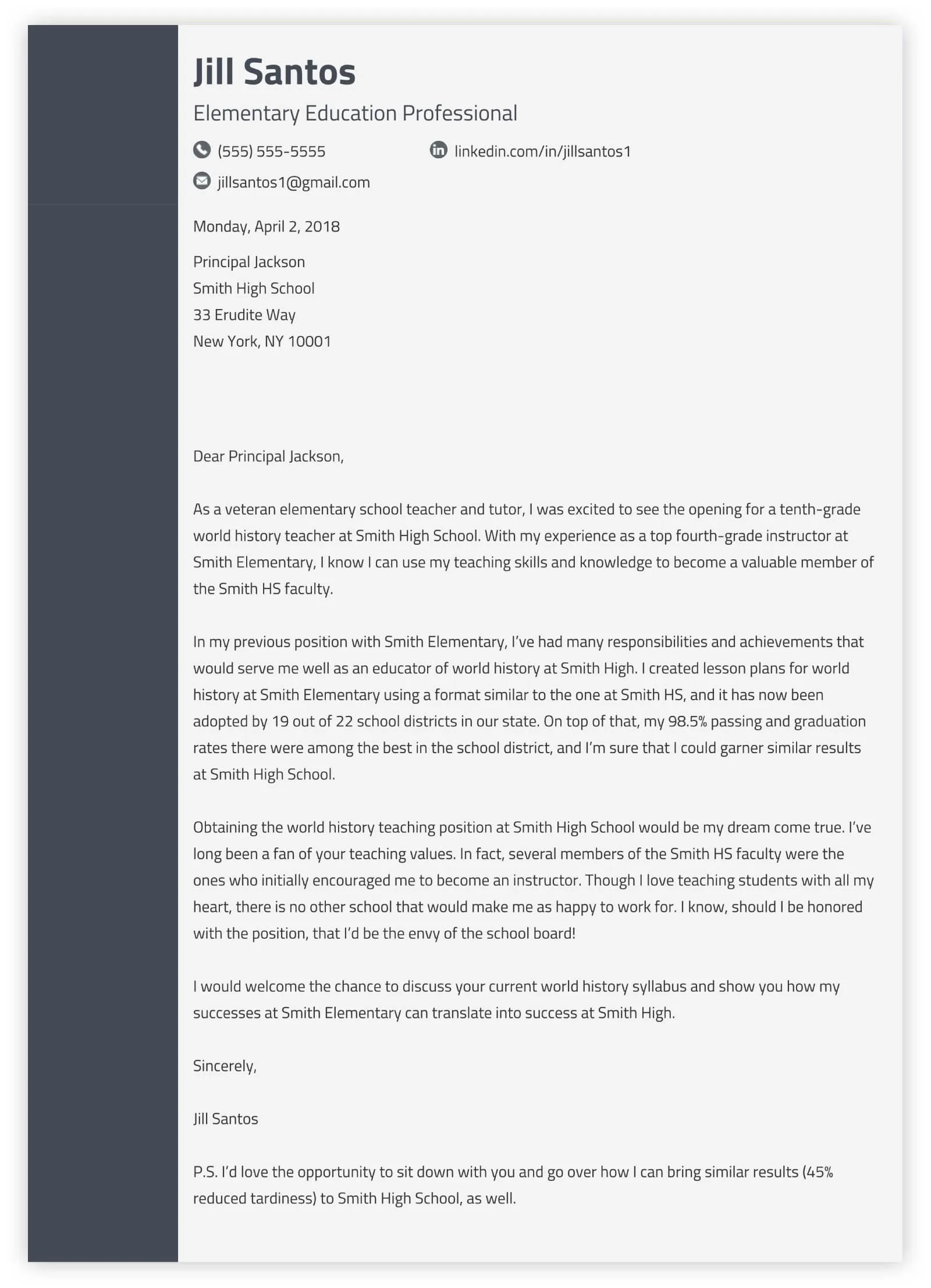Why a Cover Letter Matters
In the competitive job market, a cover letter can be your secret weapon. It’s your chance to go beyond the bullet points of your resume and tell a story, offering a glimpse into your personality, skills, and genuine interest in the role. A well-crafted cover letter can significantly increase your chances of getting an interview, as it demonstrates your communication skills, attention to detail, and understanding of the job requirements. It allows you to connect with the hiring manager on a personal level, setting the stage for a strong first impression. Don’t underestimate the power of a compelling cover letter; it’s often the first impression you make, and it can make or break your application.
Key Elements to Include
To create a standout cover letter, several key elements are crucial. Start with a professional header that includes your contact information and the date. Address the hiring manager directly, if possible; research their name on LinkedIn or the company website. In the opening paragraph, state the specific position you’re applying for and how you discovered the opportunity. The body of your letter should highlight your relevant skills, experiences, and accomplishments, using specific examples to illustrate your capabilities. Conclude with a strong call to action, expressing your enthusiasm and desire for an interview. Maintain a professional tone throughout, using clear and concise language, and proofread meticulously.
Highlighting Relevant Skills

One of the most important things to add to your cover letter is a clear demonstration of how your skills align with the job requirements. Carefully review the job description and identify the key skills and qualifications the employer is seeking. Then, provide specific examples from your previous experiences where you’ve successfully utilized those skills. Don’t just list your skills; illustrate them with concrete achievements and quantifiable results whenever possible. For example, instead of saying ‘I have strong communication skills,’ you could say, ‘In my previous role, I successfully led a team of five, consistently improving project communication and achieving a 15% increase in project efficiency.’ This approach shows the hiring manager, not just tells them, why you’re a good fit.
Demonstrating Your Enthusiasm
Employers want to hire candidates who are genuinely enthusiastic about the role and the company. Your cover letter is the perfect place to express your excitement. Show that you’ve done your research by mentioning specific aspects of the company or the role that particularly appeal to you. Explain why you’re drawn to the company’s mission, values, or products. Convey your passion for the industry and your eagerness to contribute to the team. Avoid generic statements; instead, personalize your letter and show that you’ve taken the time to understand what makes this opportunity special. Your enthusiasm will set you apart from candidates who simply send out generic applications.
Tailoring to the Specific Job
A generic cover letter is a surefire way to land in the ‘rejected’ pile. To truly stand out, tailor your cover letter to each specific job you apply for. This involves more than just changing the company name; it means carefully analyzing the job description and customizing your letter to address the specific requirements and keywords. Highlight the skills and experiences that are most relevant to the role, and use the same language the employer uses. Explain how your qualifications align with their needs and why you’re the ideal candidate. Tailoring your cover letter demonstrates that you’ve put in the effort to understand the role and the company, and that you’re genuinely interested in the opportunity.
Showcasing Your Accomplishments

Instead of simply listing your job duties, use your cover letter to showcase your accomplishments. Focus on the results you’ve achieved in previous roles, and quantify them whenever possible. For example, instead of saying ‘Managed social media accounts,’ you could say, ‘Grew social media engagement by 30% in six months.’ Use action verbs to describe your achievements and highlight the impact you made in your previous roles. This helps the hiring manager understand your value and the tangible contributions you can bring to their organization. Your accomplishments provide concrete evidence of your skills and abilities, making you a more compelling candidate.
Adding a Compelling Call to Action
Your cover letter should end with a strong call to action that encourages the hiring manager to take the next step. Express your enthusiasm for an interview and your availability to discuss your qualifications further. Make it clear that you’re eager to learn more about the role and the company. Avoid passive language; instead, be proactive and express your interest in a clear and confident manner. For example, you could say, ‘I am eager to discuss how my skills and experience can contribute to your team. Thank you for your time and consideration. I look forward to hearing from you soon.’ A compelling call to action leaves a lasting impression and increases your chances of getting noticed.
Proofreading and Formatting
Attention to detail is crucial when it comes to your cover letter. Proofread your letter carefully for any grammatical errors, typos, or inconsistencies. Errors can undermine your credibility and make you appear unprofessional. Ensure your formatting is clean and easy to read, with clear headings, concise paragraphs, and a professional font. Use a standard font like Times New Roman or Arial, and maintain a consistent font size throughout the document. Check the layout and ensure that your contact information is clearly displayed. A well-formatted and error-free cover letter demonstrates your professionalism and your commitment to excellence.
Finalizing and Submitting Your Cover Letter

Before submitting your cover letter, review it one last time to ensure it is polished and tailored to the specific job. Double-check that you’ve included all the necessary information, and that your contact information is accurate. Consider having a friend, family member, or career advisor review your letter for feedback. When submitting your cover letter, follow the instructions provided in the job posting. If the application requires you to submit it online, make sure you use the correct file format, such as PDF or Word document. By following these steps, you can finalize your cover letter and increase your chances of landing an interview. Good luck!
